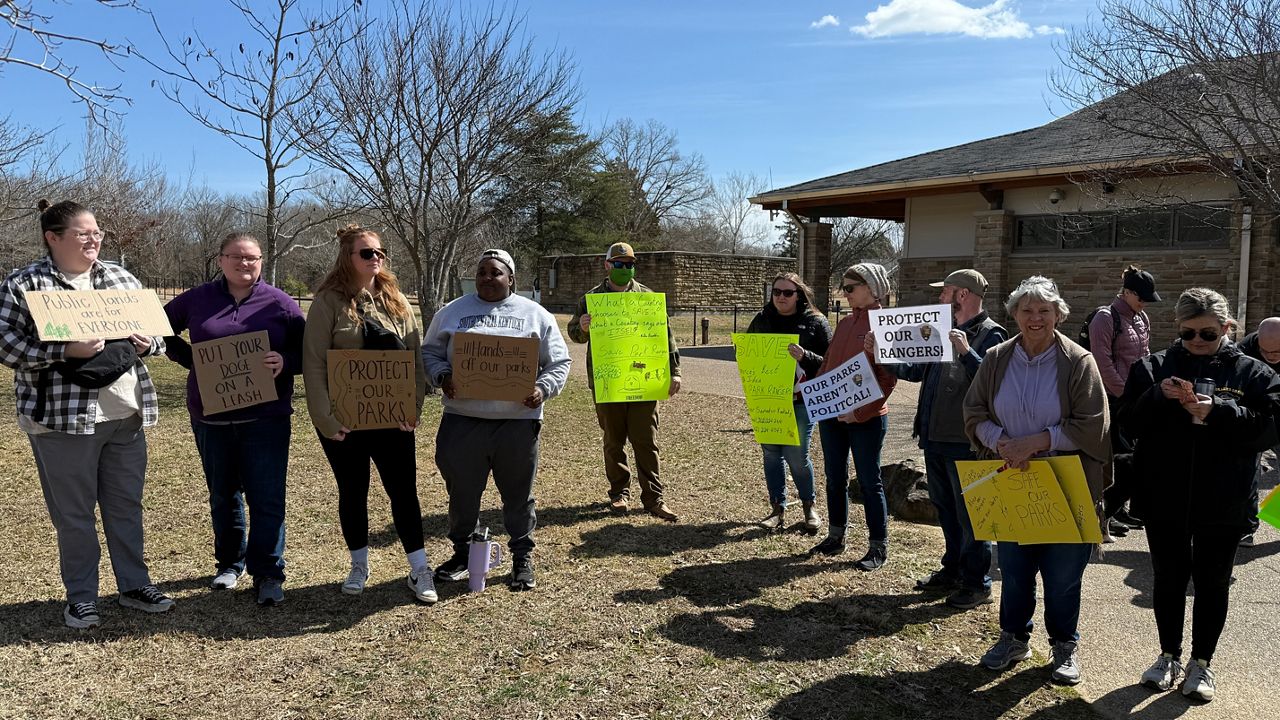LOUISVILLE, Ky. — Since Roe v. Wade was overturned in June 2022, the number of maternity homes has risen in the U.S., according to the Maternity Housing Coalition.
There are now more than 450 homes — many with religious affiliations — and only one in Louisville.
When Roe v. Wade was decided in 1973, Louisville’s four maternity homes closed before Lifehouse Maternity Home opened in 2008.
“There was a need for women who did not want to seek an abortion but needed resources like housing and some guidance on parenting skills,” said Dolli Neirkirk, Lifehouse Maternity Home executive director.
Neirkirk has been Lifehouse’s executive director since 2019 and spent much of her career working with nonprofits.
Lifehouse is helping pregnant women facing domestic violence, homelessness, human trafficking, addiction and other crises become independent.
“It really warms my heart, especially when we have someone who comes from a history of drug use who was a heroin addict,” Neikirk said.
When Roe v. Wade was overturned in 2022, Lifehouse saw a brief increase in demand. Neikirk said she thinks it’s likely from Kentucky’s abortion ban.
“We were at capacity with a waiting list for almost a year after Roe v. Wade as we work to try to accommodate the needs of women,” she said.
The Maternity Housing Coalition, a nonprofit anti-abortion network, said it was expecting a “big boom” because of the court’s decision, but that wasn’t the case.
“I was pretty surprised to find that actually it was the economic crisis that resulted in a huge boom and a need,” said Valerie Harkins, the Maternity Housing Coalition’s director.
The Maternity Housing Coalition represents 195 maternity homes.
According to the coalition’s 2023 Maternity Housing Impact Report, the number of maternity homes in the Maternity Housing Coalition has grown by 23% since the Dobbs v. Jackson Women’s Health Organization overturned Roe v. Wade. She said it’s because of inflation, long waitlists for subsidized housing and access to child care.
“When maternity homes are looking to expand their programs, open a new home or looking to add more robust services, the reasoning that they’re giving me, over and over, is that women can’t afford to live, is that housing is so unaffordable,” Harkins said.
Harkins and Neikirk said abortion bans are not affecting home capacity because many women are accessing abortions by other means, so Louisville has openings for women in crisis.
“That’s what we’re looking for, is someone who has realized that what I’ve been doing isn’t working; let me see what I can do to make some changes, some positive changes in my life,” Neikirk said.
Applications for the Lifehouse Maternity Program home can be found on its website.
Patients in Kentucky can only receive an abortion if it is to save the pregnant person’s life or to prevent serious risk to the pregnant person’s physical health.









